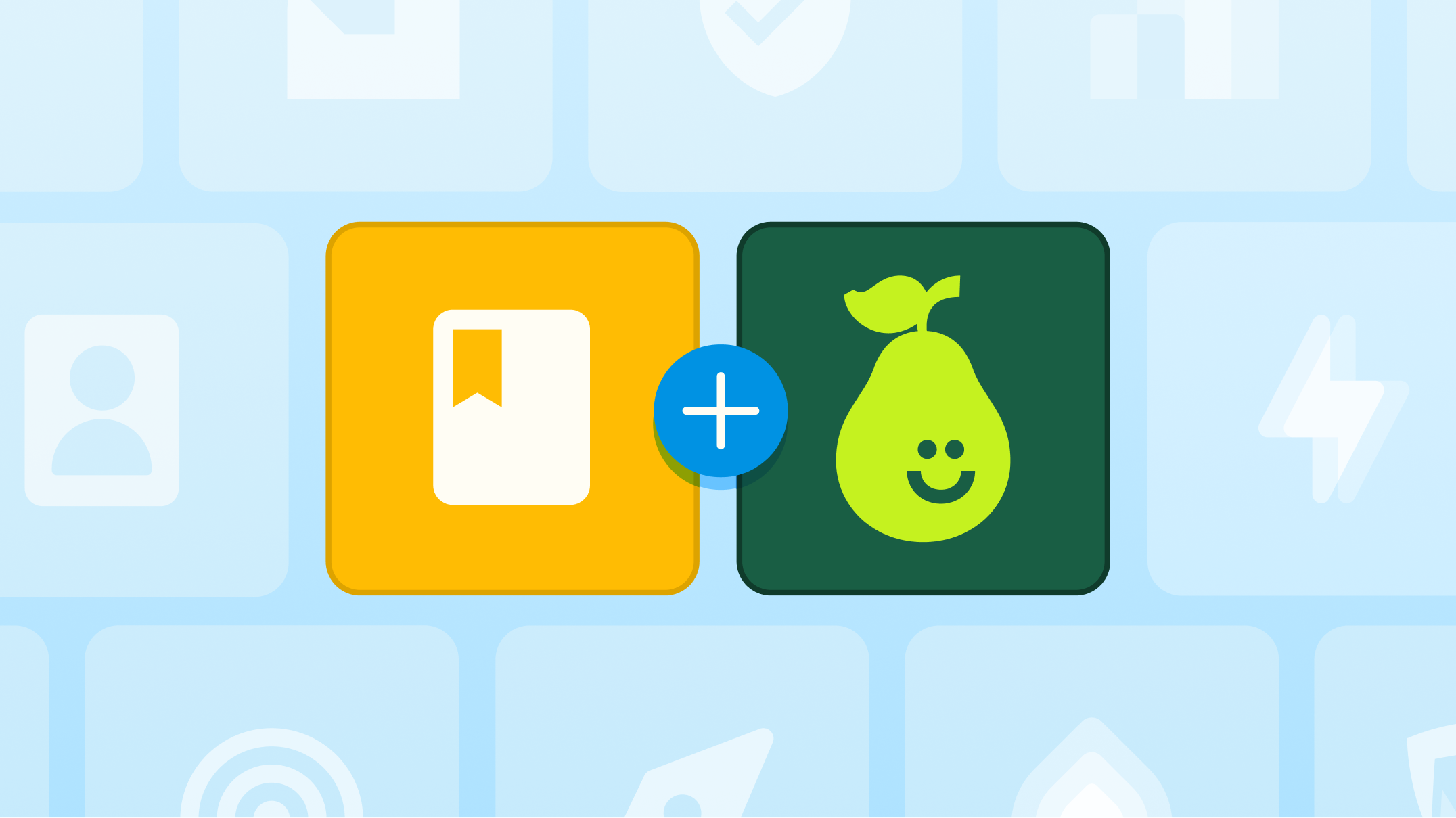What’s in a Relationship?

Imagine this.
You wake up on the first day of school and you’re not nervous, anxious or uneasy. Your day goes exactly the way you envisioned it in your mind. When you meet your students, they’re all going to love you. In fact, students who aren’t in your class are are expressing disappointment because you’re not their teacher. You take attendance and avoid butchering your students’ names. You take the time to ask pronoun preferences and engage your culturally diverse class as if you’ve known them for years. How in the world, may I ask, did you do this? How can educators from different backgrounds, generations, and cultures have a good rapport with so many students?
For me, the answer boils down to one word: relationships! What’s in a relationship, though? For many, relationship building is subjective. What works for one teacher may not work for another. However, in my experience as an educator and school counselor, there are some basic practices that all teachers can utilize in their quest to build meaningful relationships with students.
Develop self-confidence
Self confidence does not mean that you’ll never doubt yourself or that you’ll be right in every situation. It does mean, however, that you are confident in who you are and what you know. Confident people are always learning and willing to own their mistakes. You can be confident, make a mistake, and stillbuild relationships with your students in those non-perfect moments. From my experience, most students identify their favorite teachers as the ones that are most human. To err is human.
Find common ground
Regardless of background, culture, race, beliefs and all other factors that may come into play, there are always commonalities to be found. Finding that commonality is not up to the student, it’s up to the teacher. Yes! In addition to the countless tasks educating entails, you are also responsible for finding ways to connect. This may be sports, technology, fashion, television shows, and more — but you need to find that common ground.
Be yourself
Trying to be anyone other than you is a recipe for disaster and possible embarrassment. Just because you see your favorite Instagram educator interacting or teaching a certain way doesn’t mean you should try to be a carbon copy. Share who you genuinely are. Your students enjoy knowing who you are just as much as you enjoy knowing who they are. Remember, students appreciate authenticity as much as we do. We often tell students that their friends will like them for who they are, not who they are trying to be. The same is true for educators.
Take time to listen, see and validate
Give your students opportunities to tell you about who they are instead of reading reports or listening to others talk about them. At their core, all students want the same thing we all do: to have their voices heard, their faces seen, and their feelings validated.

Building authentic relationships is essential to great teaching
Your day, your month, and your entire school year will go so much smoother when you build authentic relationships with your students. In fact, relationships will take you places curriculum and standards simply cannot! Remember: there is always an opportunity for you to develop a relationship, but it’s up to you to seize the moment and make it happen.

.svg)
.svg)
.svg)

.png)

